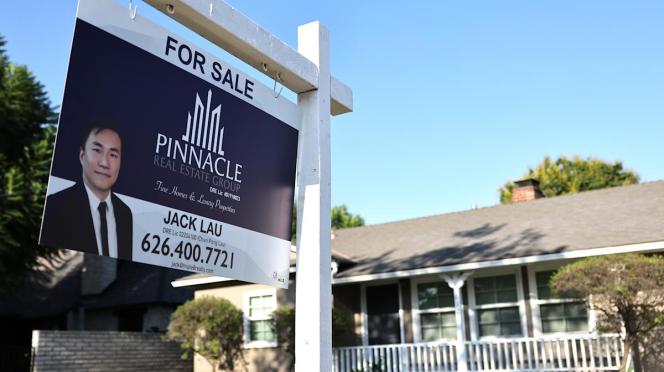Table of Contents Show
Eric Trump: Bitcoin Enables Finance With ‘No Disparity’ Between Classes
In brief
- Eric Trump told the Bitcoin Asia conference that Bitcoin marks the first time finance has “no disparity” between socioeconomic classes.
- Trump also spoke of sovereign wealth funds, Fortune 500 companies, and nation states driving adoption.
- His remarks highlight a tension between Bitcoin’s populist narrative and elite accumulation, observers told Decrypt.
Speaking at the Bitcoin Asia conference in Hong Kong on Friday, Eric Trump, son of U.S. President Donald Trump, argued that Bitcoin marks the first time in the history of finance where “there is no disparity between socioeconomic classes.”
In a fireside chat, Trump shared remarks on how his father has championed the crypto industry, recounted how he entered the space, and highlighted his family’s deepening ventures into crypto and digital assets.
“The traditional financial system in the world has benefited guys like me, and it hasn’t benefited the vast majority of people,” Trump said onstage, adding that it “benefits the people that were fortunate enough to have some zeros behind their name.”
Those people, he said, were the ones who can “call the heads of the bank and negotiate off a full point on a loan, or get all the fees knocked out.”
Trump went on to argue that Bitcoin operates without those advantages.
“For the first time, you have a community that is agnostic to true wealth,” he said, arguing that it “gives the person in sub-Saharan Africa the same opportunity as the executive on Wall Street in New York City.”
Aspiration and privilege
Eric Trump’s portrayal of Bitcoin as “the greatest asset that’s arguably ever been created” as a level playing field that’s continuously being made “more accessible to the masses” stood in contrast to other parts of his talk.
Earlier, he had discussed how sovereign wealth funds, Fortune 500 companies, and nation states are buying Bitcoin heavily, sharing anecdotes on having breakfast with “a couple of the most powerful people in the region.”
Decrypt has reached out to Eric Trump and the Trump Organization for comment, and will update this article should they respond.
The tension between Bitcoin’s image as an egalitarian ideal and its current reality as an asset concentrated among elites remains central to the debate over how far the technology has lived up to its promise.
“Eric Trump’s words speak to the original aspiration of crypto. To be the great leveller, a financial system run by no one, open to everyone,” Conrad Young, co-founder of digital asset strategy firm Paragon, told Decrypt. “In practice, that vision remains only partly fulfilled.”
Trump is right that “some of the decentralised elements of crypto leave fewer levers for wealthy individuals to pull compared to traditional finance,” Young said. “But it’s also true that the industry today is dominated by institutions and large holders.”
“The gains retail investors have seen in this cycle were driven less by people-power and more by institutional recognition of Bitcoin and Ethereum,” he added.
Exposing socioeconomic divides
Nevertheless, crypto “opens doors in ways traditional markets do not,” Young said.
For people in developing economies, crypto “provides access to an asset class being shaped by Western institutions but available globally,” he noted. “The real levelling force for these communities comes through blockchain’s ability to move capital across borders.”
The crypto industry, through blockchain technology and digital assets such as Bitcoin, has “cast a harsh light on the deep socioeconomic divides of our world,” Ali Sammour, founder of decentralized commerce platform Droplinked, told Decrypt.
“We’re currently at a crossroads in society where the technology and asset could provide better financial liberty and freedom, but access is primarily still limited to the privileged,” Sammour said. “For billions, especially in emerging markets, even basic internet access is a luxury. The path to true financial inclusion is long, and we have a lot of work to do.”
Daily Debrief Newsletter
Start every day with the top news stories right now, plus original features, a podcast, videos and more.













